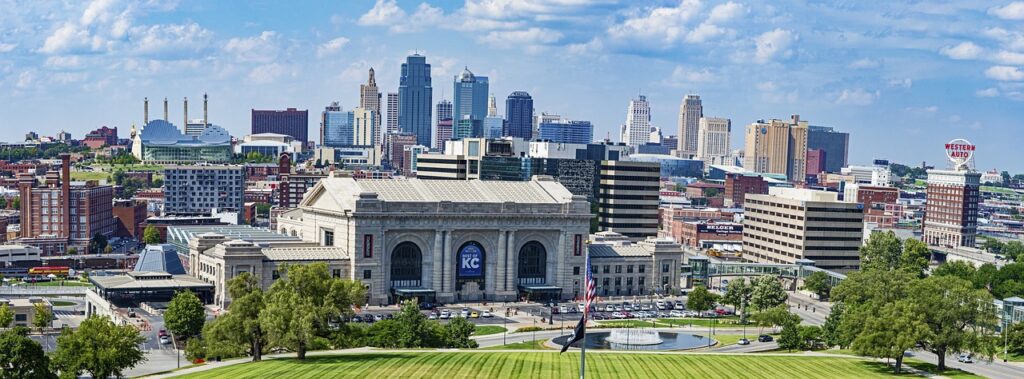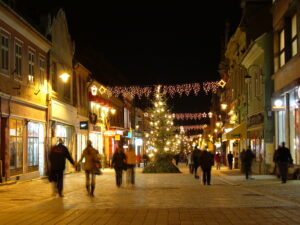Nestled in the heartland of America, Kansas City boasts a thriving commercial real estate market that reflects the region’s economic vitality and strategic importance. In this comprehensive overview, we delve into the key dynamics of the commercial real estate landscape in Kansas City, shedding light on current trends, influential factors, and what makes this city an attractive destination for investors.
1. Diverse Commercial Real Estate Sectors:
Kansas City’s commercial real estate market encompasses a diverse range of sectors, including office spaces, retail properties, industrial facilities, and hospitality venues. This diversity contributes to the city’s resilience and ability to cater to a wide array of business needs.
2. Strategic Midwest Location:
Situated in the Midwest, Kansas City holds a strategic location that positions it as a logistical and transportation hub. This central location is advantageous for businesses seeking efficient distribution networks and access to a broad consumer base.
3. Emerging Office Spaces:
Kansas City’s skyline is evolving with the development of modern office spaces, catering to the needs of businesses in sectors like technology, healthcare, and finance. The city’s commitment to fostering innovation has spurred the growth of dynamic work environments.
4. Retail Innovation:
The retail sector in Kansas City is witnessing innovation with a focus on experiential retail and mixed-use developments. Unique shopping districts, such as the Country Club Plaza, contribute to the city’s appeal for retailers and consumers alike.
5. Industrial and Logistics Growth:
The rise of e-commerce and the demand for efficient supply chains have fueled the expansion of industrial and logistics spaces in Kansas City. The city’s strategic location and transportation infrastructure make it a prime choice for distribution centers.
6. Resilient Hospitality Industry:
Despite challenges, Kansas City’s hospitality sector remains resilient. The city’s vibrant cultural scene, events, and attractions contribute to a steady flow of tourists, supporting investments in hotels, resorts, and short-term rental properties.
7. Technology Influence on Workspaces:
Technological advancements have influenced the commercial real estate landscape in Kansas City, with an increasing emphasis on flexible workspaces. Co-working facilities and adaptable office solutions are gaining popularity, aligning with the changing needs of businesses.
8. Sustainability Initiatives:
A growing emphasis on sustainability is shaping the commercial real estate market in Kansas City. Green building practices and environmentally conscious design are becoming integral components of new developments, reflecting a commitment to responsible urban planning.
9. Key Districts and Emerging Markets:
Understanding the key districts, such as the Power & Light District and the Crossroads Arts District, is essential for investors navigating Kansas City’s commercial real estate market. Additionally, emerging markets like the River Market area are gaining attention for their growth potential.
Kansas City’s commercial real estate market is characterized by its strategic location, diverse sectors, and commitment to innovation. As the city continues to grow and adapt to changing economic landscapes, investors find a wealth of opportunities in the dynamic and resilient market. Whether it’s the evolving office spaces, innovative retail developments, or the strategic importance of logistics, Kansas City’s commercial real estate landscape is poised for continued growth and prosperity.











